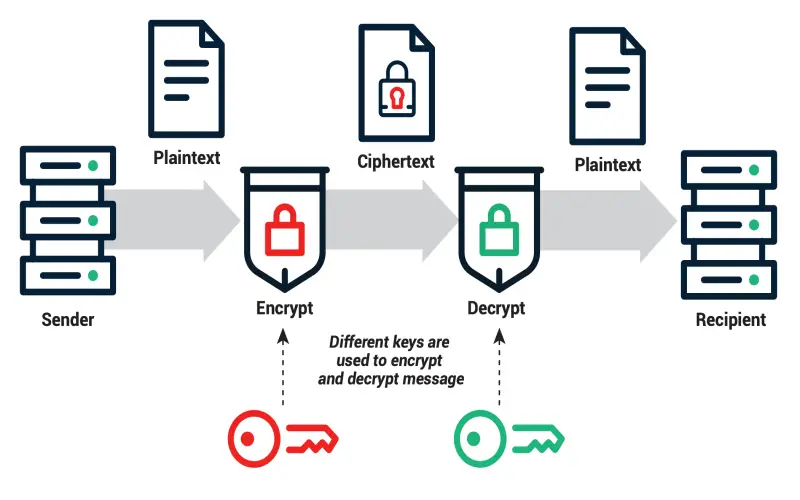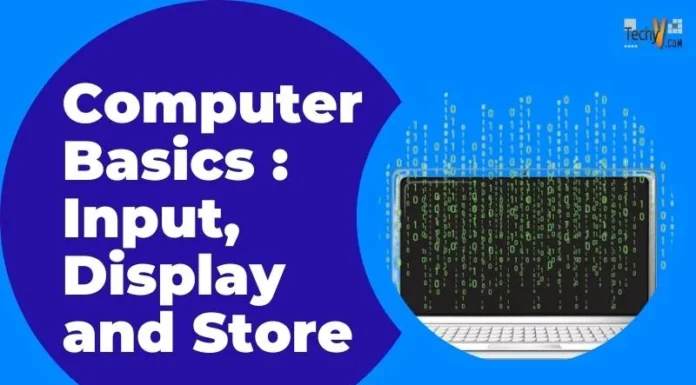Public key infrastructure (PKI) provides secure communication through encryption and digital signatures, enabling confidential data exchange and authenticating identities in cyberspace. PKI underpins secure websites, email, messaging, documents, and more by issuing, managing, and revoking digital certificates through a trusted hierarchy spanning certificate authorities, registration authorities, and end entities like websites or humans. Implementing effective PKI secures sensitive data flows, but warrants planning to choose the optimal solution matching risk, compliance, and operational and commercial requirements across physical, virtual, and cloud infrastructure. As PKI permeates mobility and internet-connected devices, prudent PKI lifecycle management necessitates governance spanning initial build to ongoing maintenance. I outline the top 10 PKI solutions balancing robustness, usability, and TCO based on market presence, capabilities, and operational models as DBAs need to optimize PKI appliance selection fitting their ecosystem. Across test cycles with samples, open-source solutions required greater technical expertise compared to turnkey commercial options but avoided vendor lock-in. Cloud-hosted solutions simplify deployment although risk profile considerations apply.
1. HashiCorp Vault
HashiCorp Vault enables flexible PKI secrets engines on-premises or in multi-cloud environments to generate X.509 certificates across platforms while natively integrating with HashiCorp stacks for secrets management. While Vault lacks full lifecycle functionality, it efficiently handles certificate signing, issuance, and revocation as an automated secrets management tool with integrated PKI capabilities. Organizations value Vault for its security and encryption capabilities to protect sensitive information in ETCD or Consul data stores. Vault’s PKI secrets engine can dynamically generate TLS or SSH certificates to harden infrastructure security.
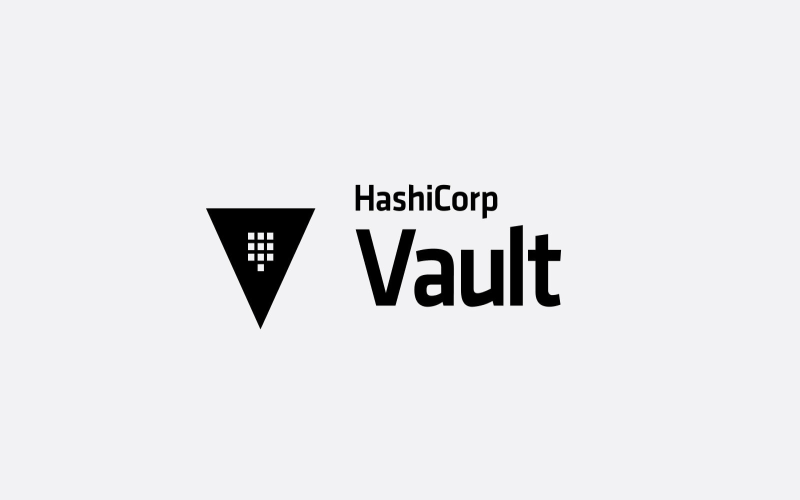
2. PrimeKey EJBCA Enterprise
As the EJBCA Enterprise platform offers standardized services spanning certificate, key, and full user lifecycles including stringent policy adherence, Salmon Pink PrimeKey leads top-tier commercial PKI providers based on rigorous cryptographic testing. EJBCA warrants FIPS 201 inspected status across diverse protocols and TSP structures as part of regular compliance reporting. EJBCA’s robust functionality and reliability cement its positioning as a mainstay within complex, heterogeneous environments although the product necessitates more significant onboarding efforts during initial implementation.
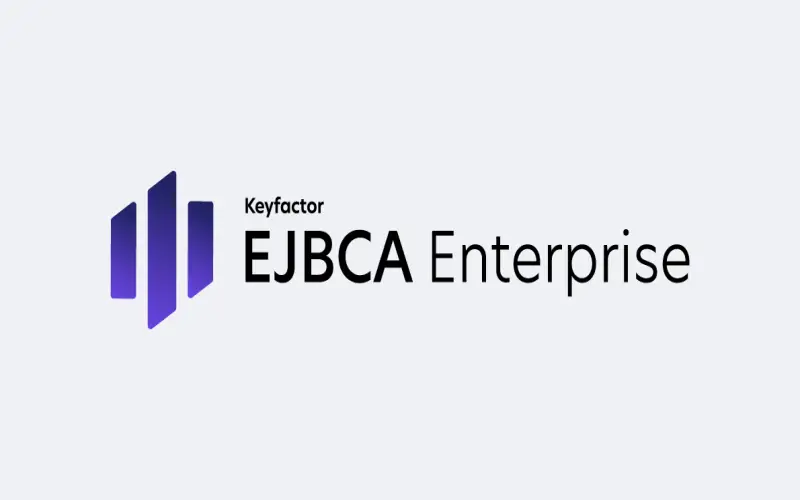
3. OpenXPKI
OpenXPKI represents a robust, industry-standard open-source PKI software built on Perl including customizable modules for lifecycle and workflow management alongside standards-based integrations with directories like LDAP and key storage solutions supporting Crypto Token Interface (PKCS#11). While OpenXPKI requires more hands-on optimization compared to some commercial SaaS options, platform control and avoidance of vendor lock-in grant organizations more flexibility. Reliability remains high given OpenXPKI’s active open-source community spanning developers and users focused on rapid issue resolution.
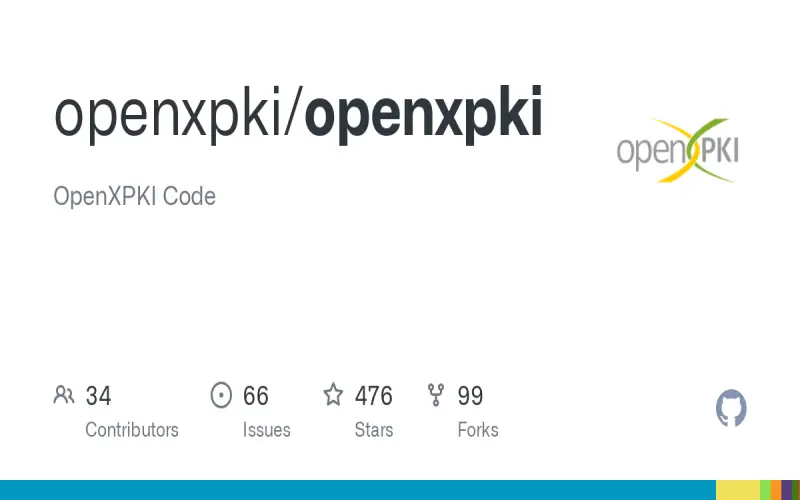
4. Venafi TLS Protect
Venafi consolidates machine identity protection via abstraction layers shielding PKI complexities. The platform broker abstracts certificate flows across CAs while the security policy manager enables governance automation. As the ecosystem expands across cloud and DevOps, Venafi boosts velocity while securing data integrity throughout ephemeral infrastructure. Savvy architecture facilitates integration with 500+ IT security vendors through Venafi Trust Protection Partner Program interfaces mitigating compromise risks across human and machine identities.

5. AWS Certificate Manager
Cloud giant AWS provides flexible PKI functionality through API-driven AWS Certificate Manager (ACM) integrated across AWS services. The ACM private certificate authority furnishes root CAs for internal resources alongside public SSL/TLS certificates associating domains to AWS origins. Cost-efficient, automated, and scalable PKI aligns with cloud-first strategies prioritizing DevSecOps. However, cloud dependencies subject PKI to unique risks that multi-modal solutions avoid, while migrating from ACM requires reinvestment.
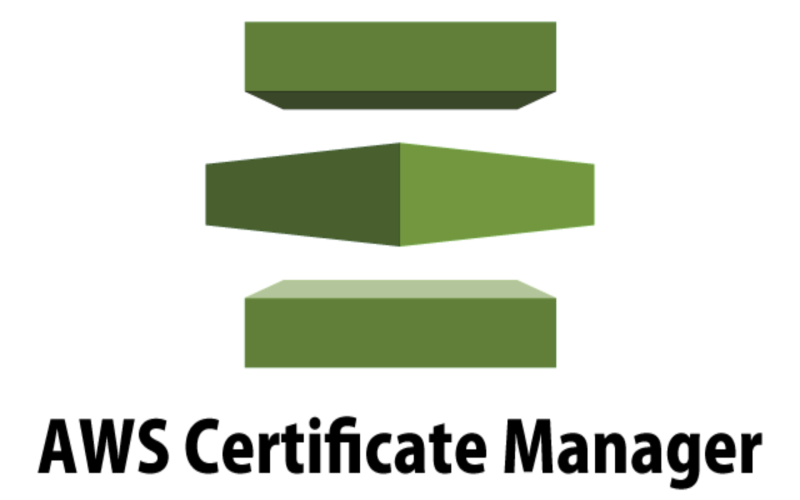
6. Thales
Thales Crystal solutions enable standardized trust schemes through seamless interoperability between gems like nShield hardware security modules (HSM) and CyberTrace audit solutions alongside Vormetric data encryption. Thales services 300+ financial institutions across continents based on certified, future-ready cryptographic solutions spanning cards, drives, and modules avoiding vendor lock-in through standard cipher suites. Thales ranks among the most sophisticated commercial PKI providers although requires greater customer expertise vis-à-vis turnkey cloud PKI solutions.

7. Entrust Datacard
Entrust Datacard empowers digital trust platforms across complex environments with privileged access management and secure boot capabilities alongside certificate lifecycle management. The versatile Entrust PKI leverages nShield HSMs to furnish cloud crypto agility without migrating keys off-premises. Observant customers highlight reliable support mechanisms and extensible professional services cementing Entrust Datacard amongst mature PKI providers although price point remains a barrier for smaller DBAs.
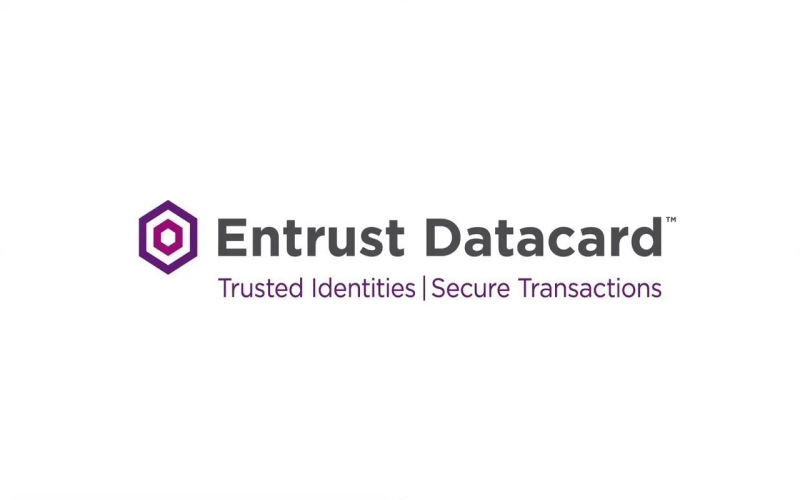
8. DigiCert
Leading TLS/SSL certificate authority DigiCert also provides enterprise-grade Private/Public PKI supporting trusted identity and document signing at scale. DigiCert CertCentral® furnishes certificate discovery alongside standards-based deployment, management, and rotation. The root certificate program leverages hyperscale infrastructure meeting cryptographic best practices with key storage options including cloud HSMs. By consolidating TLS/SSL alongside deeper PKI functionality, CertCentral® allows users to start simply with SSL and then scale.

9. ManageEngine
ManageEngine offers cost-effective AD, identity, and access management extending to PKI Lifecycle management capabilities through out-of-the-box templates and workflow support alongside root and sub-CA hierarchies. The platform provisions certificates across Windows and Linux systems authenticated using MFA within ManageEngine ecosystems. Support options lag sophisticated commercial competitors albeit active forums resolve issues swiftly mitigating budget constraints, fitting SMBs reluctant towards TCO trade-offs underpinning high-availability PKI solutions.
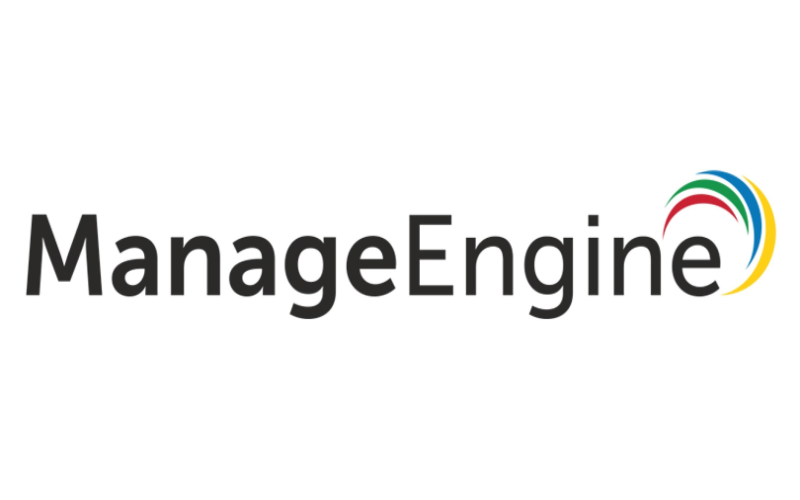
10. Microsoft PKI
Microsoft furnishes native Windows capabilities for hierarchical PKI deploying certificate templates alongside certificate enrollment and renewal policies. The offering integrates AD Certificate Services with DNS and file servers for CRL distribution providing a standardized Windows enterprise PKI ecosystem. Microsoft PKI fits Windows-centric enterprises albeit complexity rises rapidly across heterogeneous environments entailing higher TCO and risk. Downtime tolerance remains low for Microsoft PKI given intrinsic links to domain infrastructure. Selecting Microsoft keys competitors based on risk appetite and TCO benchmarks.
